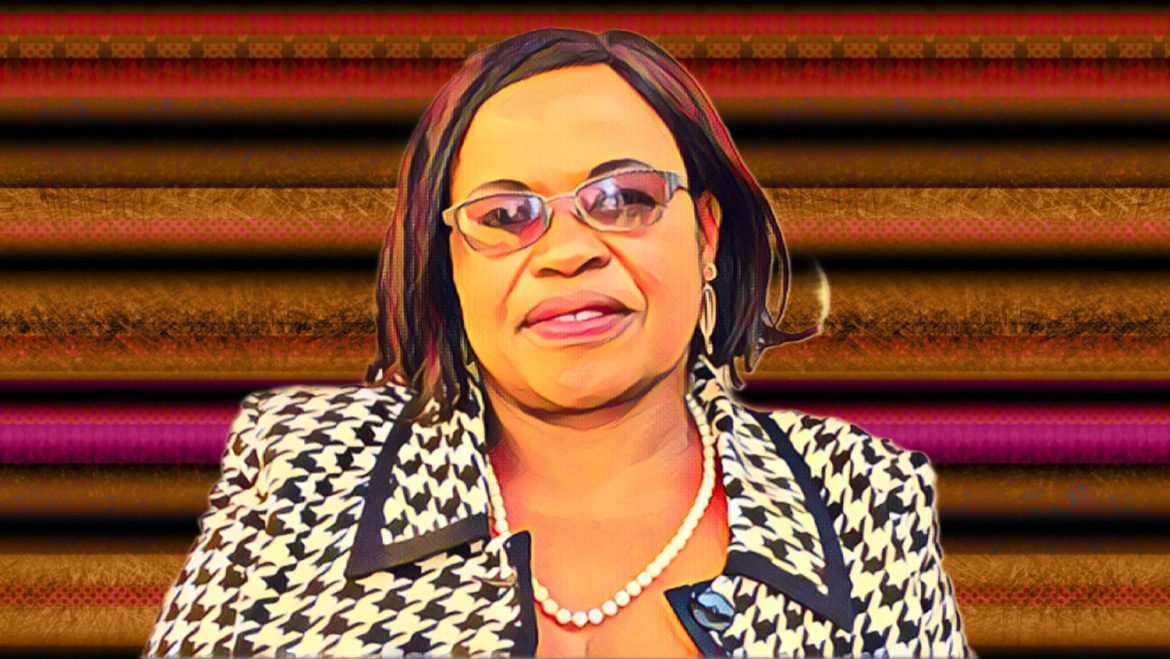In a profound statement released on International Women’s Day, themed “Inspire Inclusion,” the Zimbabwe Elections Support Network (ZESN) has cast a spotlight on the persistent and systemic underrepresentation of women in Zimbabwean politics. This pressing issue, as emphasized by ZESN, transcends mere numerical imbalances, striking at the very heart of democratic ideals and gender equality. The organization’s insights arrive at a pivotal moment, aiming to not only acknowledge the challenges but also inspire meaningful action toward inclusivity.
ZESN’s commentary offers a nuanced understanding of the multifaceted barriers to women’s political participation. The intertwining of deep-seated patriarchal norms and societal tendencies toward gender-based violence forms a formidable obstacle, stifling women’s voices and hindering their engagement in the political sphere. This convergence of traditional gender stereotypes and historical predispositions against women underscores the complexity of the challenge at hand, illustrating that the struggle for equality is both deeply rooted and widespread.
Amid reflections on the current state of women’s participation in Zimbabwe’s democratic processes, ZESN is actively engaging with various stakeholders to advocate for significant legal reforms. The organization underscores the urgent need to align the Electoral Act with the nation’s constitution, specifically highlighting Sections 3, 17, 56, and 80. These amendments are crucial for embedding gender equality into the legislative framework, thereby promoting and safeguarding women’s rights to political participation. This strategic focus on legal advocacy reflects ZESN’s commitment to leveraging institutional mechanisms as a pathway to enduring change.
Despite Zimbabwe’s formal commitment to gender equality, as demonstrated through its adherence to regional and international agreements, the reality on the ground starkly contrasts with these principles. The August 2023 harmonized elections serve as a poignant illustration of this discrepancy, revealing a concerning downturn in women’s political engagement relative to previous electoral cycles. This decline is not only disheartening but also indicative of the broader systemic hurdles that continue to impede progress towards gender parity in politics.
The situation in Zimbabwe mirrors a global challenge, where women’s underrepresentation in political leadership roles persists despite gradual advancements in some areas. The barriers faced by Zimbabwean women are emblematic of wider issues that necessitate a comprehensive and inclusive approach to reform. Addressing these obstacles requires a concerted effort from all sectors of society, including government, civil society, and the international community, to dismantle the structural impediments to women’s political participation.
To foster a more equitable political landscape, it is imperative to address both the visible and invisible barriers that women face. Educational initiatives aimed at challenging and changing societal attitudes towards women in leadership are crucial. Such efforts should be coupled with practical measures to support women candidates, including financial assistance, training in political campaigning, and access to platforms for voicing their policies and perspectives.
Moreover, the media plays a pivotal role in shaping perceptions of women in politics. By promoting positive narratives and providing fair coverage of women candidates, the media can contribute to a cultural shift towards greater acceptance and support for women’s leadership. Additionally, the enforcement of existing gender quotas and the introduction of more robust affirmative action policies could serve as immediate steps to ensure women’s representation in political bodies.
The underrepresentation of women in Zimbabwe’s political arena is a reflection of systemic challenges that require multi-dimensional strategies to overcome. Legal reforms, societal attitude shifts, support mechanisms for women candidates, and proactive media engagement are all critical components of a broader solution. As Zimbabwe, and indeed the world, strives towards genuine democracy and equality, the inclusion of women in all facets of political life emerges not only as a matter of justice but as a fundamental prerequisite for sustainable development and peace.
ZESN’s statement on International Women’s Day is a timely reminder of the ongoing struggle for gender equality in politics. It calls for a reinvigorated commitment to dismantling the structural barriers that limit women’s political participation. As we reflect on the theme “Inspire Inclusion,” let us recognize that true inclusion necessitates deliberate, sustained actions to empower women politically. Only through such concerted efforts can we aspire to a democratic process that truly reflects the diversity and potential of all its participants.
Source: Newsday


